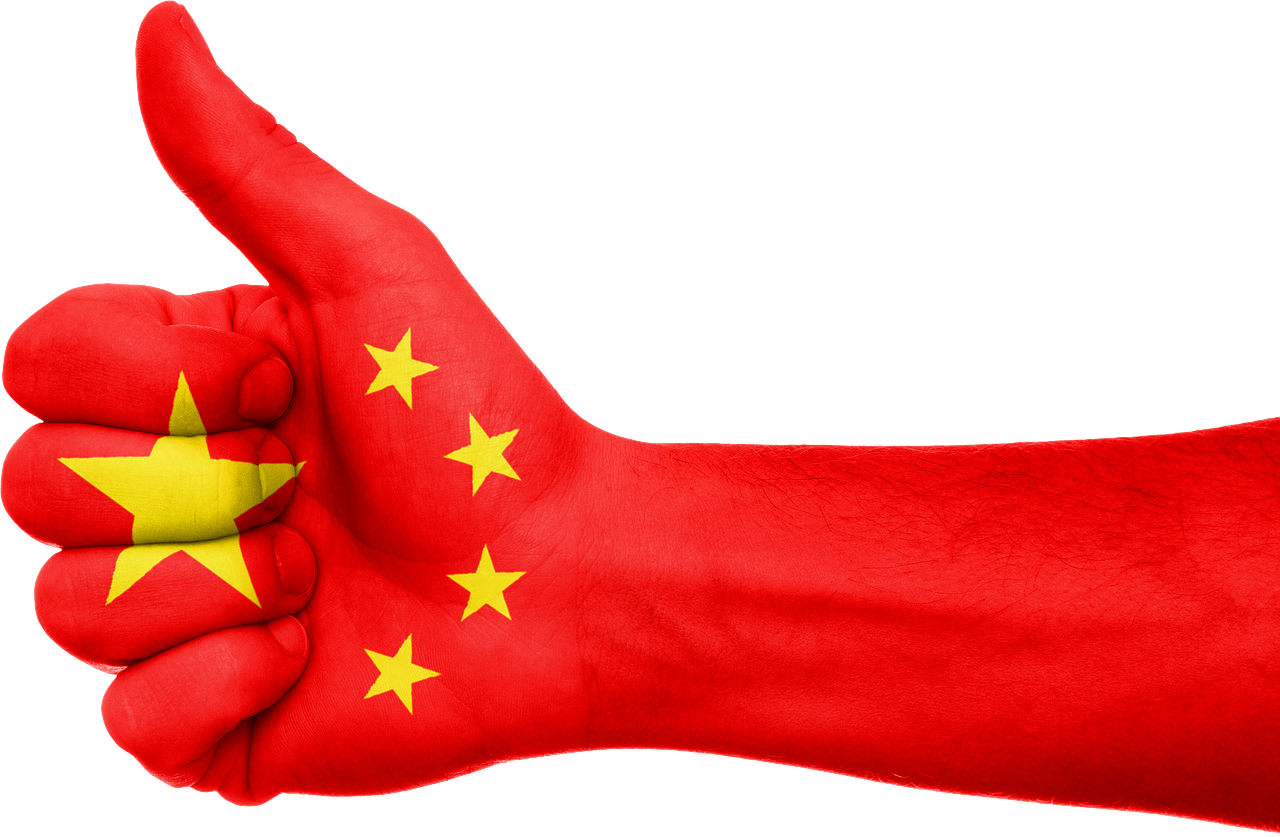 NEWS
NEWS
 NEWS
NEWS
 NEWS
NEWS
In a win for ride sharing rivals Uber, Inc. and Didi Chuxing, the Chinese government has issued a new law and set of regulations that would make both services legal in the Middle Kingdom.
According to Bloomberg the new regulations govern the operations and define the scope of how the companies can operate, including notably banning promotions that charge less than the cost of the trip to win market share.
In addition, any company operating in the market will have to apply for and receive licenses for their companies and drivers, cars will have to have security alarms and GPS, and drivers cannot have criminal records; local governments who regulate driving services directly will be able to implement minimum and maximum fares should they so desire.
Vice Minister Liu Xiaoming told reporters in Beijing that the Government will now encourage private car sharing in the interest of further developing the sharing economy, and that the decision to do so was “partly in respect of the public’s opinion.”
Both Didi and Uber both offer other advantages for China, including reduced traffic congestion at a time where the government is looking at better ways to deal with the environment and pollution, as well as ongoing employment opportunities for the millions of people who flood into China’s booming cities each year from the countryside looking for work and those who are losing jobs as the Government restructures State-owned enterprises.
“Today the Government of China released national guidelines on the regulations of online ridesharing services like Uber,” from Uber wrote in a blog post. “While the details of how these regulations are implemented will fall to cities and provinces, this is a welcome step in a country that has consistently shown itself to be forward-thinking when it comes to innovation.”
The announcement is huge news for both Uber and Didi in not only the world’s largest market for ridesharing but one with a central government that if it had come out against the concept could have crushed both companies overnight resulting in billions in losses.
Didi remains far ahead of Uber in China with an 87 percent share of the market for private car-hailing, and operates in 400 cities working with more than a staggering 14 million drivers delivering 11 million rides a day, while Uber has promised to invest to $1 billion in expanding to 100 cities in China.
The decision will also give investors certainty in both companies going forward now that it is confirmed that they will be operating legally.
THANK YOU